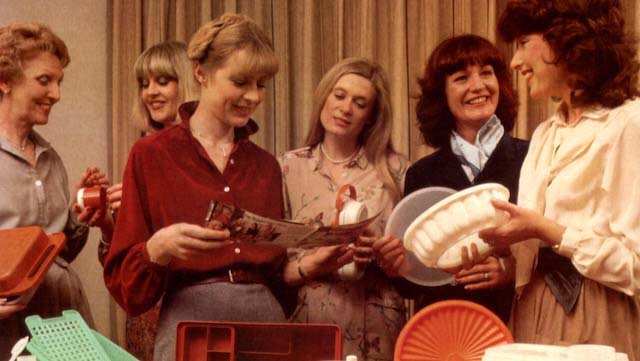Life
Inspirational experiences. Real life insights. The truly exceptional stories that spark a new way of thinking.

Paul Lewis: February money news
Energy price cap changes, news for house movers and an online check for financial firms.

We lived happily ever after
To share Valentine’s Day, Saga Magazine readers share memories of 50 years (and more) of married life.

The best cream eyeshadow for mature eyes
Our columnist recommends swapping powdered eyeshadow for more flattering cream-based formulas.

Snuggling, snudging and snerdling – Susie Dent offers up her pick of cosy words
Our lexicographer bundles up her choice of words that describe the wonderful sensation of being cosy.

What are the greatest cars of all time?
Our expert shares his choice of the best cars of the modern era, decade-by-decade.

How to listen to a podcast
New to podcasts? Here’s our straightforward guide to finding them, playing them and enjoying them.

Scammers just got cleverer: Saga experts on the warning signs that matter
Saga experts share the latest ways people are being caught out online and how to stay safe.

We lived happily ever after
To share Valentine’s Day, Saga Magazine readers share memories of 50 years (and more) of married life.

What are the greatest cars of all time?
Our expert shares his choice of the best cars of the modern era, decade-by-decade.

Snuggling, snudging and snerdling – Susie Dent offers up her pick of cosy words
Our lexicographer bundles up her choice of words that describe the wonderful sensation of being cosy.

I'm jealous of my friend's romantic husband
Dr Miriam Stoppard advises a wife to make an effort herself to bring romance back into her relationship.
.jpg)
Energy costs are set to rise – here’s what you can do to avoid being stung
The price cap on gas and electricity prices is set to rise on April 1 – we breakdown exactly what you should do about it.

The 10 best podcasts chosen by Saga Magazine readers

Tupperware: Your memories of the tubs that changed our lives
Play our free daily puzzles
Beat the boredom and exercise your mind with our selection of free puzzles.

For a limited time, enjoy 3 issues of Saga Magazine for just £1. Receive the next 3 print editions delivered direct to your door, plus 3 months’ unlimited access to the Saga Magazine app—perfect for reading on the go.
Don’t miss your chance to experience award-winning content at an exceptional price.



